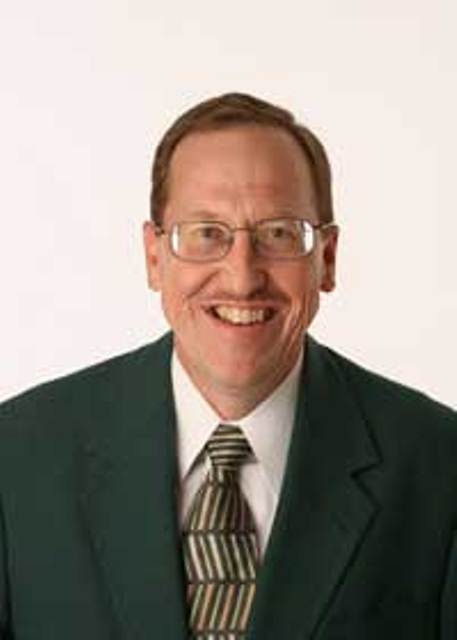Dennis Horton Will Present Findings from Short-Term Mission Trips Study

Dennis Horton courtesy photo.
Follow us on Twitter: @BaylorUMediaCom
Media contact: Terry Goodrich, (254) 710-3321
WACO, Texas (Feb. 5, 2014) - Over the past four years, Dennis Horton, Ph.D., associate director of the department of religion and the J. David Slover Professor of Ministry Guidance in Baylor's College of Arts & Sciences, has studied the impact of short-term missions on communities, participants and ministries. He will present his recent findings from two grant-funded projects in his lecture, "Short-Term Mission Trips: Are They Worth our Investment of Time, Money and Effort?" on Thursday, Feb. 6.
Horton and nine Baylor students interviewed nearly 200 short-term mission trip leaders, mission team participants and host partners. They also surveyed more than 500 students on areas related to the effects of short-term missions.
Short-term missions are normally less than one year and most often less than two weeks, Horton said. Mid-term missions are one to three years, and long-term missions are generally four or more consecutive years of international missionary work.
"Because two-thirds of these trips last two weeks or less and the volunteers are not always adequately trained, a number of missiologists have begun to question the wisdom of investing so much time and money and effort," Horton said.
Though he acknowledges that short-term missions could be more effective, Horton's findings show that they have a positive impact on participants and host partners' communities.
"Most studies show that for the team members there are some beneficial effects that short-term missions have: the lowering of their level of ethnocentrism, the lowering of their level of materialism and greater involvement in local ministry and potentially global ministry," he said.
To have the greatest impact on host communities, Horton advises those making plans for short-term mission work to be selective in their choices.
"If possible, go back to the same place for a second and third mission trip so you can build ongoing relationships and make a significant difference not only in the lives of those in the host community but also in your own life," he said. "Go with humility; go as a learner."
Horton's lecture will take place at 3:30 p.m. in the Bennett Auditorium (Room 172) of Draper Academic Building, 1420 S. Seventh St. For more information on the lecture, contact the Baylor department of religion at (254) 710-3735.
by Rachel Miller, student newswriter, (254) 710-6805
ABOUT BAYLOR UNIVERSITY
Baylor University is a private Christian university and a nationally ranked research institution, characterized as having "high research activity" by the Carnegie Foundation for the Advancement of Teaching. The university provides a vibrant campus community for approximately 15,000 students by blending interdisciplinary research with an international reputation for educational excellence and a faculty commitment to teaching and scholarship. Chartered in 1845 by the Republic of Texas through the efforts of Baptist pioneers, Baylor is the oldest continually operating university in Texas. Located in Waco, Baylor welcomes students from all 50 states and more than 80 countries to study a broad range of degrees among its 11 nationally recognized academic divisions. Baylor sponsors 19 varsity athletic teams and is a founding member of the Big 12 Conference.
ABOUT BAYLOR COLLEGE OF ARTS & SCIENCES
The College of Arts & Sciences is Baylor University's oldest and largest academic division, consisting of 26 academic departments and 13 academic centers and institutes. The more than 5,000 courses taught in the College span topics from art and theatre to religion, philosophy, sociology and the natural sciences. Faculty conduct research around the world, and research on the undergraduate and graduate level is prevalent throughout all disciplines. Visit www.baylor.edu/artsandsciences.